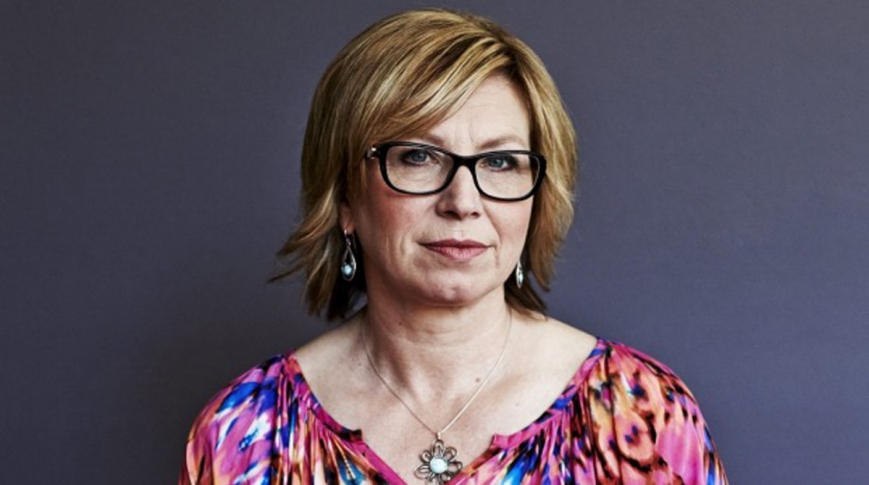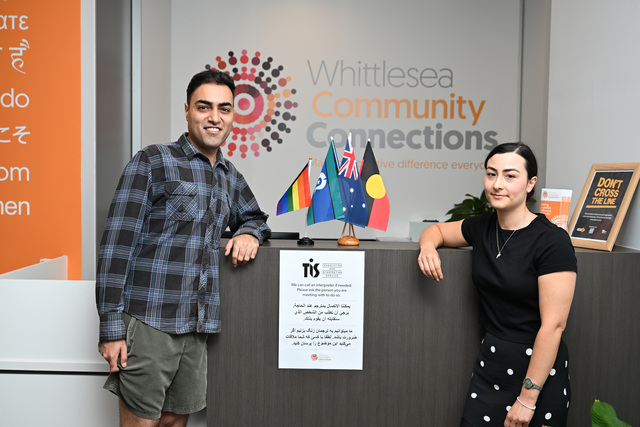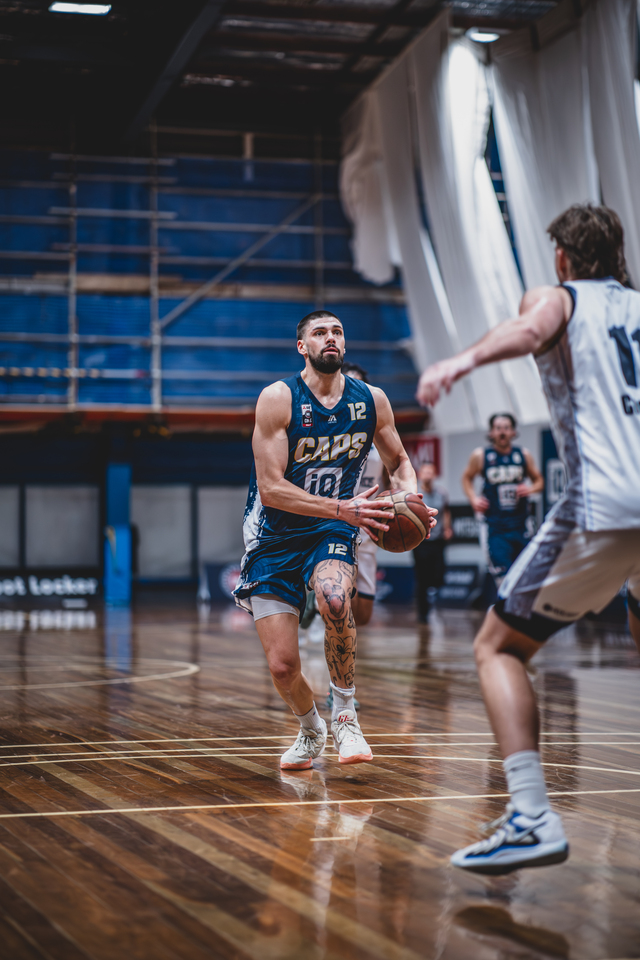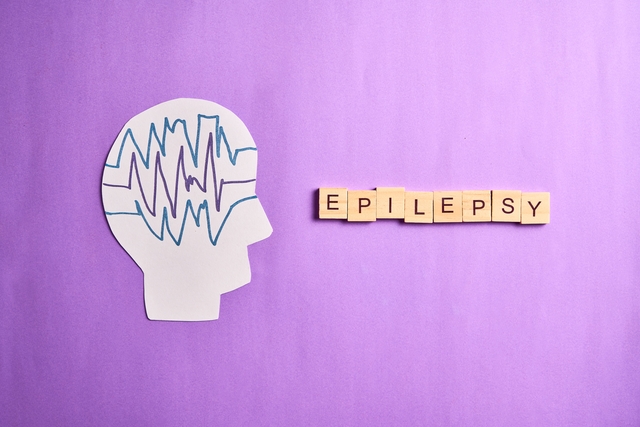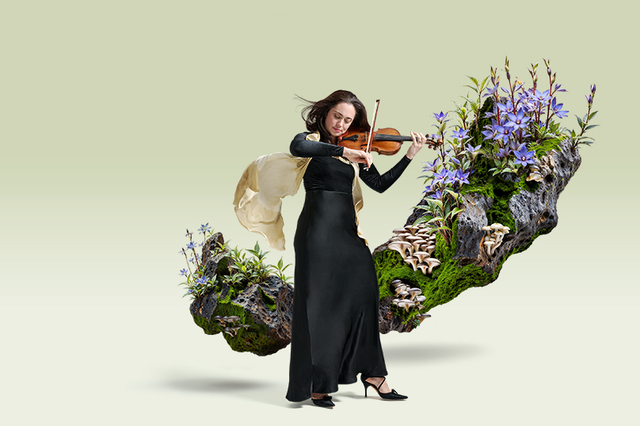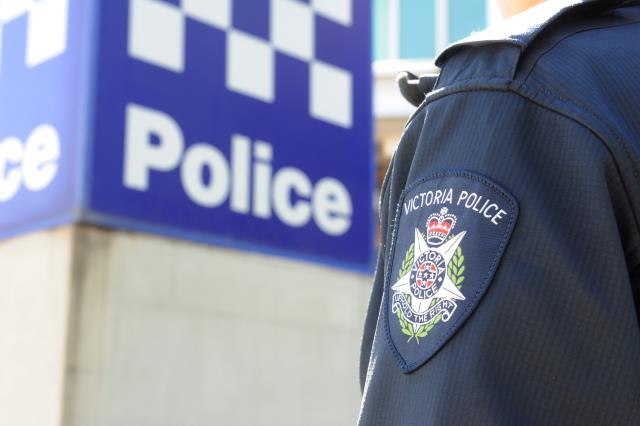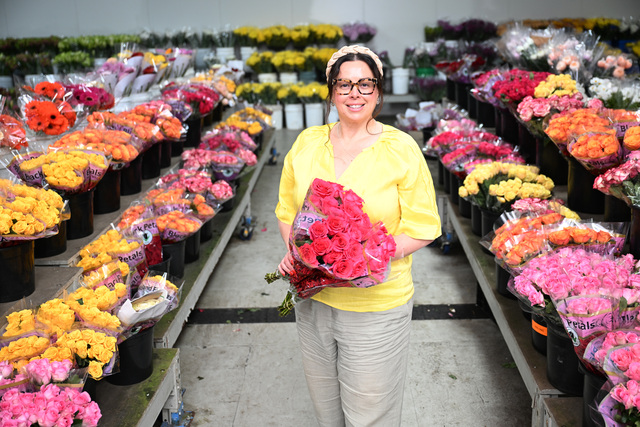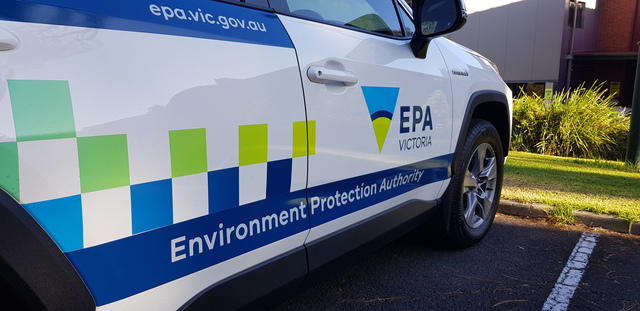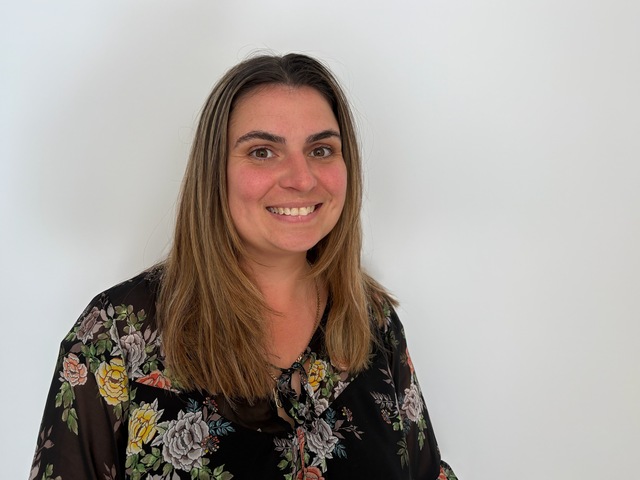She was one voice who made Australians sit up and listen.
Rosie Batty, the Victorian mother whose courage shone a light on domestic violence victims, was on Sunday named Australian of the Year.
Ms Batty dedicated her award to her “beautiful” 11-year-old son Luke, who was murdered in February by his father. “To my Luke, you did not die in vain and will not be forgotten,” she said.
“You are the reason I have found my voice and am able to be here.”
Accepting the award, Ms Batty said that as people came together to celebrate Australia Day, there was an epidemic gripping the country.
“No matter where you live, family violence exists in every pocket of every neighbourhood.”
Ms Batty said she would use her time as Australian of the Year to continue her work bringing the problem of family violence into “broad daylight” and said she was “not intending to be patient” for things to change.
She called for stronger political leadership to change the awful statistics and drive money into services to help women and children “living in fear”.
“Look around you, do not ignore what you see and what you know is wrong,” she said.
Children’s author Jackie French, an advocate for young people with learning difficulties and the current national Children’s Laureate was named Senior Australian of the Year.
Drisana Levitzke-Gray was named the Young Australian of the Year. The 21-year-old was the fifth generation in her family to be born deaf, and dedicates her time to helping other deaf people and advocating their human rights.
Queensland woman Juliette Wright was named Australians’ Local Hero 2015. Ms Wright founded GIVIT, an online site that connects a networker of givers who can donate to those in society who are most in need. It is the first time women have received all four Australian of the Year awards.
Ms Batty won her award for her extraordinary efforts in starting a national conversation about domestic violence.
In the aftermath of devastating personal tragedy, Ms Batty jolted the country into talking about family violence, calling on Australians to recognise that it can happen to anyone, no matter their circumstance or history.
Almost a year ago, her 11-year-old son Luke was murdered after cricket practice in Tyabb by his father, Greg Anderson. In the days after her son’s death, Ms Batty shocked and inspired Australians by speaking out amid her grief to confront a widespread problem.
Since then, she has become a champion for thousands of victims, demanding systemic changes, political leadership and reforms to the courts system.
In an interview before she was named 2015 Australian of the Year, Ms Batty was asked where she found her strength.
“I think we have amazing resources within us,” she said. “Some people have more strength than others and other people have different kinds of strength.
“I guess what I tapped into is a strength which I have always had, which is an ability to be articulate and stand up for myself and what I believe in and what I know is wrong.”
Ms Batty said in particular, she wanted more men to talk about family violence and confront violent behaviour when they saw it.
She recited statistics she wanted every Australian to know: One in three women experiences violence at the hand of someone they know. On average, one woman is killed every week by an intimate partner. One in four children has been exposed to domestic violence.
“I keep repeating those statistics because we all should know them and they’re indisputable.”
She said Australia needed cultural change to tackle domestic violence.
“Where does violence come from? It comes from gender and inequality,” she said.
“It comes from men feeling a sense of entitlement toward their children and partners.
“Even though women are violent as well, the statistics are clear, it is very much a male issue.”
Ms Batty said all Australians, including political leaders, had to “step up” and take ownership of their behaviour.
“There’s a lot of women speaking out but not getting heard,” she said.
“Either they can’t speak because they’ve got family law court matters and the media can’t report on them, or their story is not headline news.
“But because of Luke’s death, I was heard.
“I wouldn’t have been.
“I would have been another voice that didn’t have a good enough story.”

